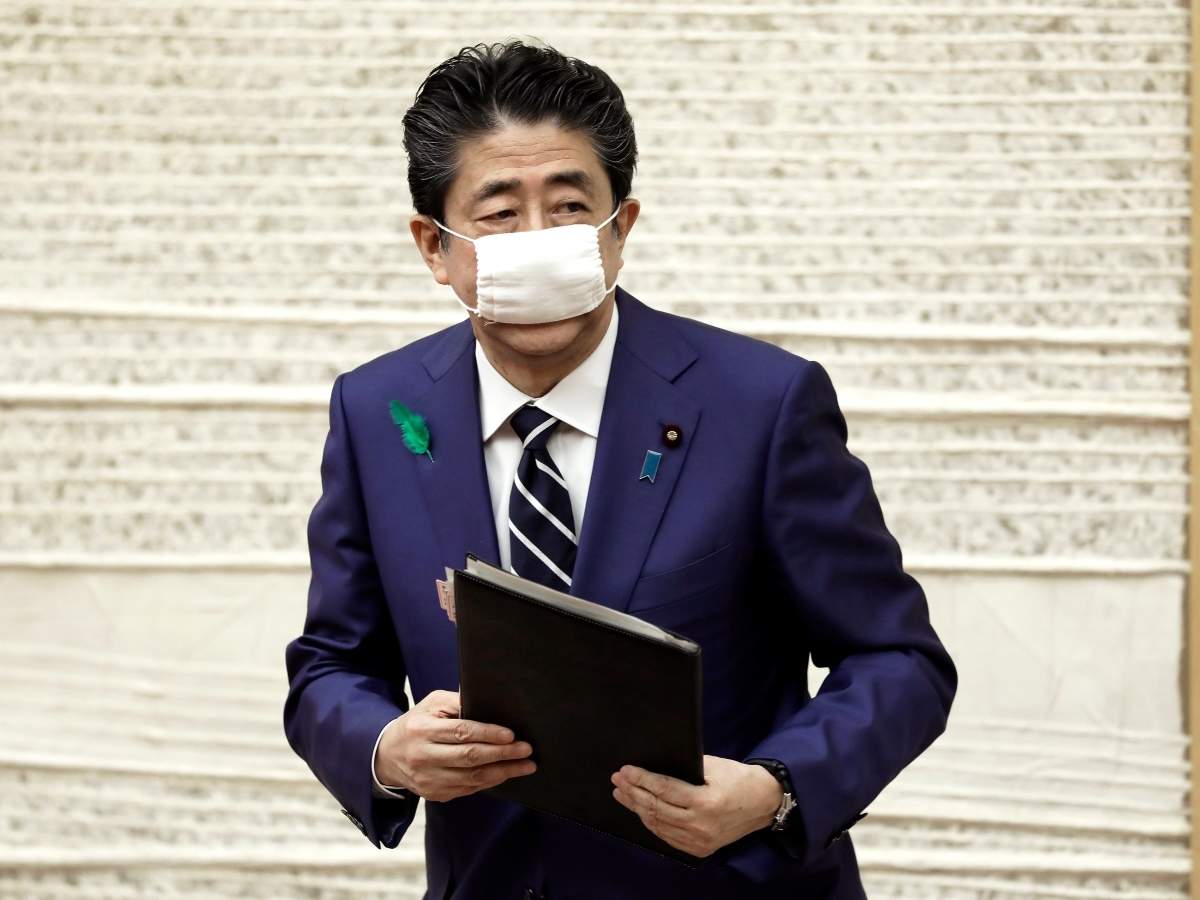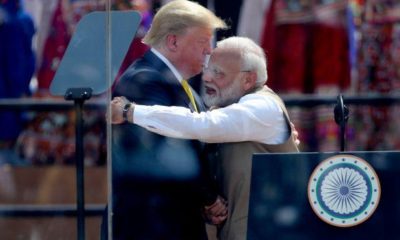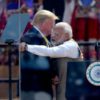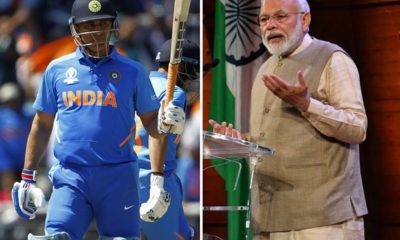

More in International
-


International
Global Collaboration Accelerates Clean Energy Infrastructure Development
Global Collaboration Accelerates Clean Energy Infrastructure Development Renewable energy infrastructure is rapidly gaining global recognition, reshaping...
-


Health
Pewter Scrubs for Women in Medical Plus Scrub Set : Adar Uniforms
Plus Scrub Set for Everyday Comfort The Plus Scrub Set is perfect for women healthcare professionals...
-


Business
Indian Stock market prediction for September 8-12. Ready, why is it an important week?
The Indian stock market has been stagnant and underperforming for the past month or so, largely...
-


Featured
Trump Administration to Relocate Space Command Headquarters to Alabama
Trump Administration to Relocate Space Command Headquarters to Alabama The Trump administration is set to announce...
-


International
India’s Astronaut Shux Back After Record-Breaking Journey
Shubhanshu Shukla Returns After Historic Space Mission, Paving the Way for India’s Human Spaceflight Future New...



























